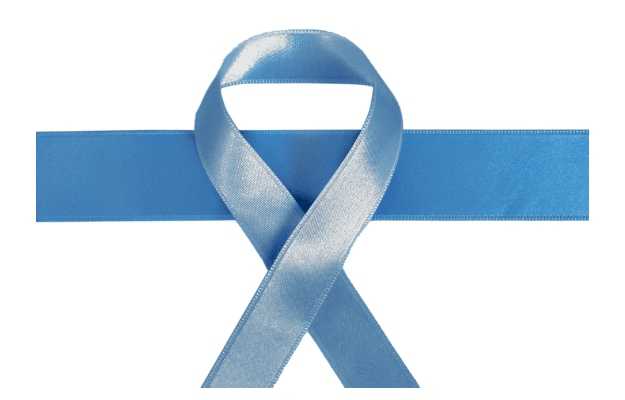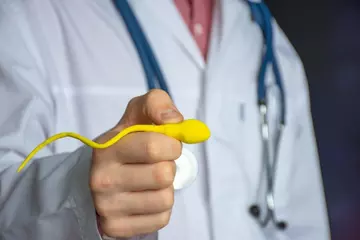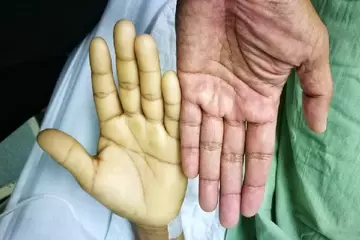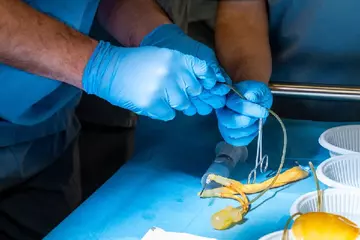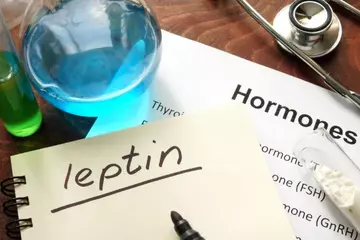Male breast cancer (MBC) is a rare cancer that originates in the breast tissue of men. Both men and women are born with breast tissue; in women it develops further during puberty, while in men it normally does not. Men therefore have limited breast tissue which means that while MBC is rare, it does happen. It is estimated that less than 1% of all cancers in men are MBC. Elderly men are more likely to be diagnosed with MBC, with the average age at around 71.
Ductal carcinoma, or cancer of the milk producing ducts, is the most common type of MBC. Lobular carcinoma is rarer since men have fewer lobules in their breast tissue. Inflammatory breast cancer is also rare.
MBC is more likely to be detected at a more advanced stage since symptoms can be subtle and men do not get routinely checked for it. Early detection has got better over time as genetic predisposition is better understood; the prognosis is much brighter in cases where the cancer has not spread and is in its preliminary stages.
Those with genetic disorders such as Klinefelter syndrome, familial history of breast cancer, and those with BRCA (the breast cancer gene) genetic mutations are at a higher risk of being diagnosed with MBC.
Symptoms include abnormal growth focused around the areolar (nipple) region. There may be discoloration and ulceration of the skin, and a bloody discharge from the nipples as well.
Imaging techniques, biopsying suspected tissue and familial history are taken in consideration for diagnosis. Treatment depends on the extent of the disease - most often there is a mastectomy where the affected breast region is removed followed by radiation, chemotherapy and/or hormone replacement therapy.

 Doctors for Breast Cancer in Men
Doctors for Breast Cancer in Men 
